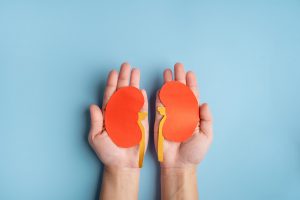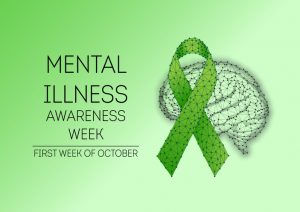 It is common to experience discomfort while breastfeeding within the first few days after giving birth. You may experience some pain, soreness, or tenderness of the breast or nipple. These problems should ease over time with proper care and breastfeeding techniques.
It is common to experience discomfort while breastfeeding within the first few days after giving birth. You may experience some pain, soreness, or tenderness of the breast or nipple. These problems should ease over time with proper care and breastfeeding techniques.
Continued pain or discomfort while breastfeeding is often indicative of a serious problem and should not be ignored. Pain is not a normal part of breastfeeding; therefore, you should try to investigate the cause or seek help from a lactation consultant.
One of the most common causes of nipple pain is an incorrect latch. Check your baby’s latch to see if it is the cause of the problem. Signs of a good latch include the following:
- The baby is positioned well against your body (The American Pregnancy Association recommends that babies be positioned tummy-to-tummy with you at all times. Babies’ heads should be tilted slightly back and their ears, shoulders, and hips in alignment)
- The baby’s chin and nose are touching your breast
- The baby has a large part of the lower portion of the areola in the mouth
- The baby’s lips are turned out, like fish lips, and flat against the breast
Signs of a poor latch are:
- Nipple pain
- The baby is making clicking or smacking noises
- The baby is sucking in their cheeks
- The baby is showing signs of hunger after feeding
Additional causes for breast or nipple pain during breastfeeding are:
- Mastitis or inflammation in the breast
- Breast abscess
- Clogged milk ducts
- Engorgement
- Thrush
- Cracked nipples
- Tongue-tie or the baby having a short frenulum
Breastfeeding should be enjoyable for mom and baby, and both should be comfortable. If you are experiencing breast or nipple pain, speak with an International Board Certified Lactation Consultant. A lactation consultant can help parents and babies with breastfeeding challenges such as low milk supply, latching on, or other barriers to breastfeeding.
Making sure that you and your baby have the best start is one of our highest priorities. Breastfeeding your baby will help to provide a strong foundation for their health. Jamaica Hospital Medical Center provides free breastfeeding/chestfeeding education classes. To learn more about or sign up for our classes, please email breastfeedingclasses@jhmc.org
All content of this newsletter is intended for general information purposes only and is not intended or implied to be a substitute for professional medical advice, diagnosis or treatment. Please consult a medical professional before adopting any of the suggestions on this page. You must never disregard professional medical advice or delay seeking medical treatment based upon any content of this newsletter. PROMPTLY CONSULT YOUR PHYSICIAN OR CALL 911 IF YOU BELIEVE YOU HAVE A MEDICAL EMERGENCY.










